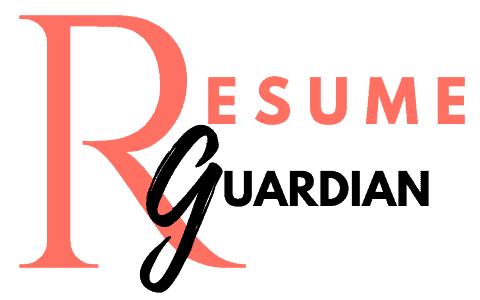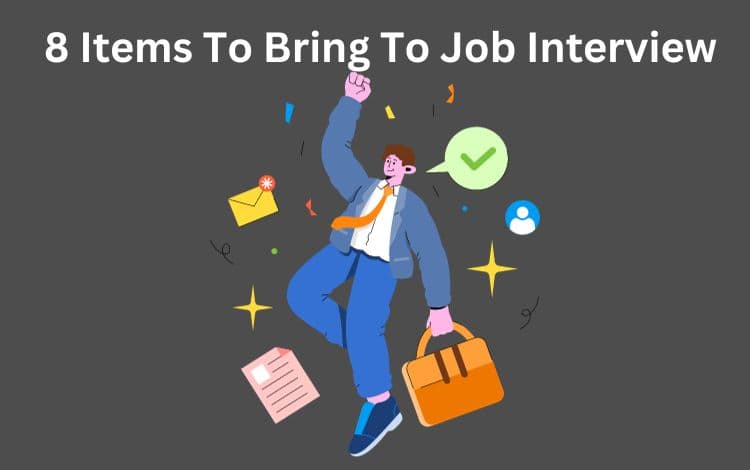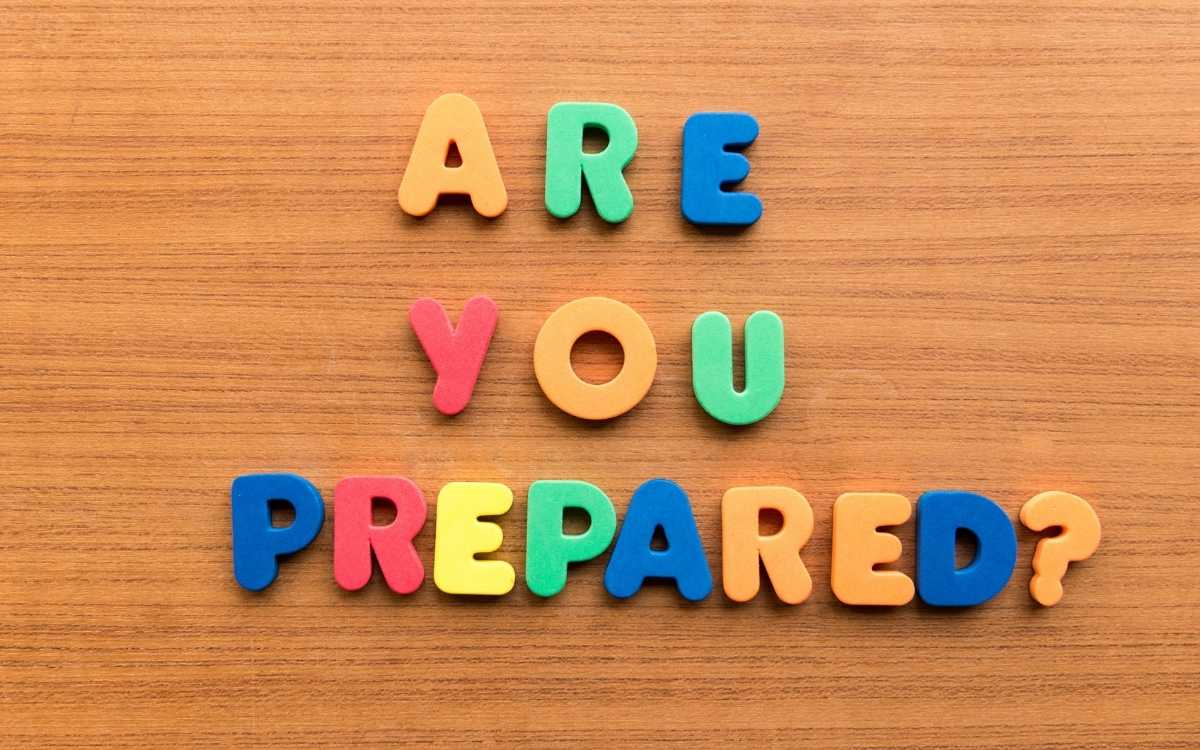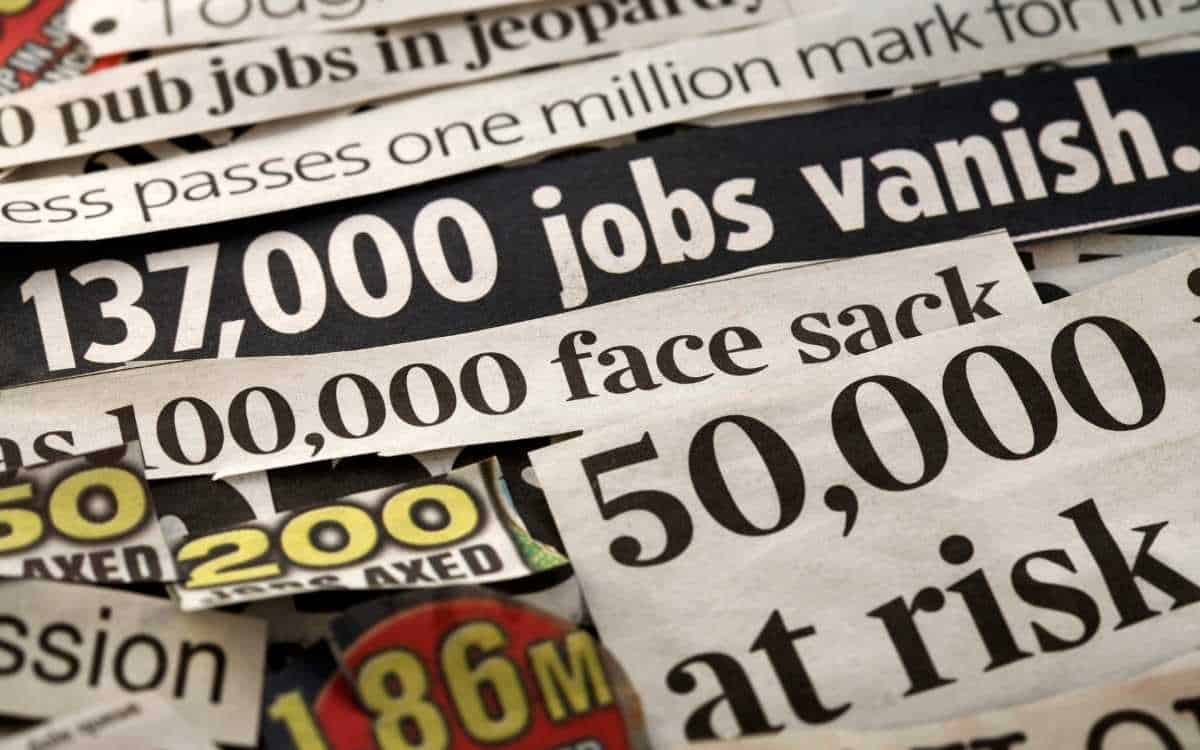
Maintaining a job during a recession is almost as hard as finding a new job. Recessions are nearly inevitable, so knowing which jobs are safe and which could be on the chopping block is essential. All jobs are affected by economic recessions because they impact the money flow, but some are much worse than others.
The worst jobs during a recession are jobs related to restaurants, retail, tourism, casinos, and any position in the entertainment industry. People often spend much less during a recession, which means any job that doesn’t provide necessary supplies is in danger of layoffs and pay reductions.
Throughout this article, you’ll learn about all the jobs and industries endangered during a recession. You’ll also find out who loses careers during an economic downturn and which people are most affected.
What Jobs Are Most At Risk During a Recession?
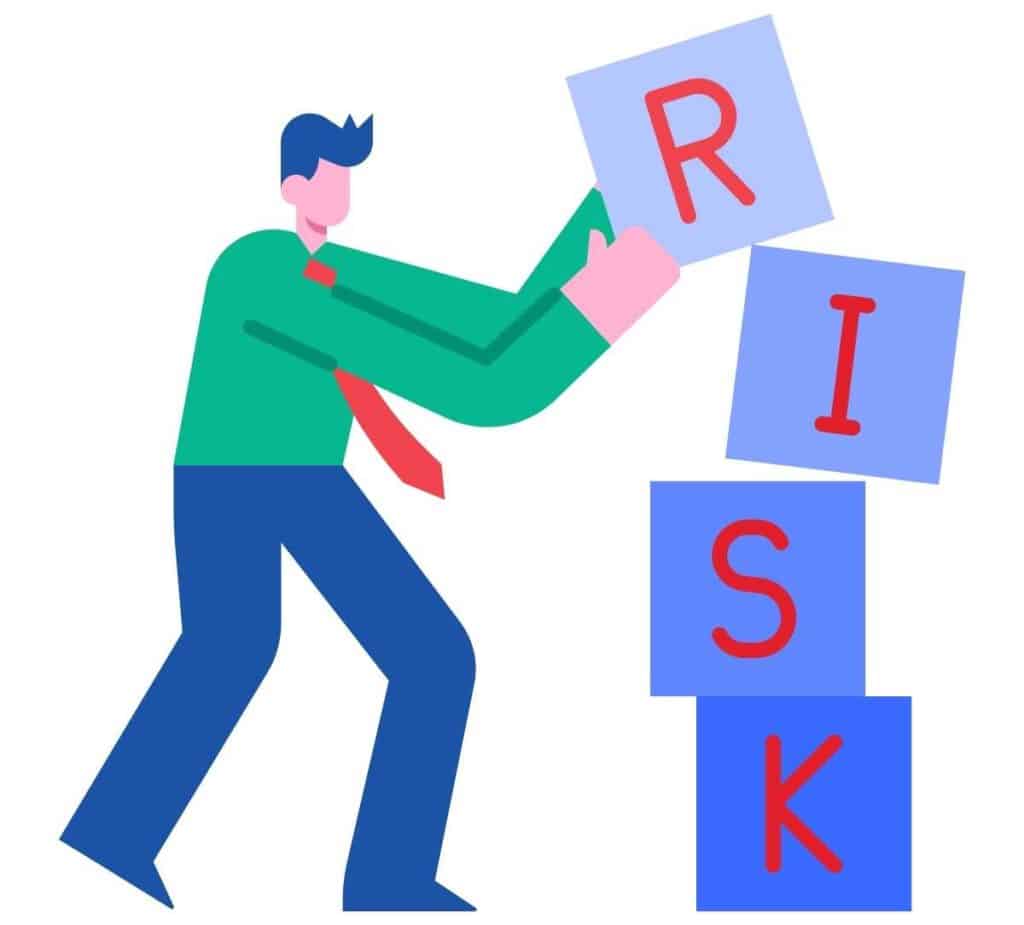
The jobs most at risk during a recession are any job that provides entertainment since people don’t have extra money to spend.
It also becomes challenging to be a retail worker since there’s not enough need for stocking shelves, upselling to customers, and so on. Getting hired for such jobs is challenging since they typically cut positions quickly.
The best way to know if your job is at risk during a recession is to ask if it’s necessary for survival. For example, hospitals and grocery stores typically don’t see much of a hit. However, car sales and house sales decline during most recessions.
Job loss and reduced career opportunities affect people of all ages. However, they take a bigger toll on some people. Read on to find out who suffers the most.
The best way to know if your job is at risk during a recession is to ask if it’s necessary for survival
Who Suffers the Most During a Recession?
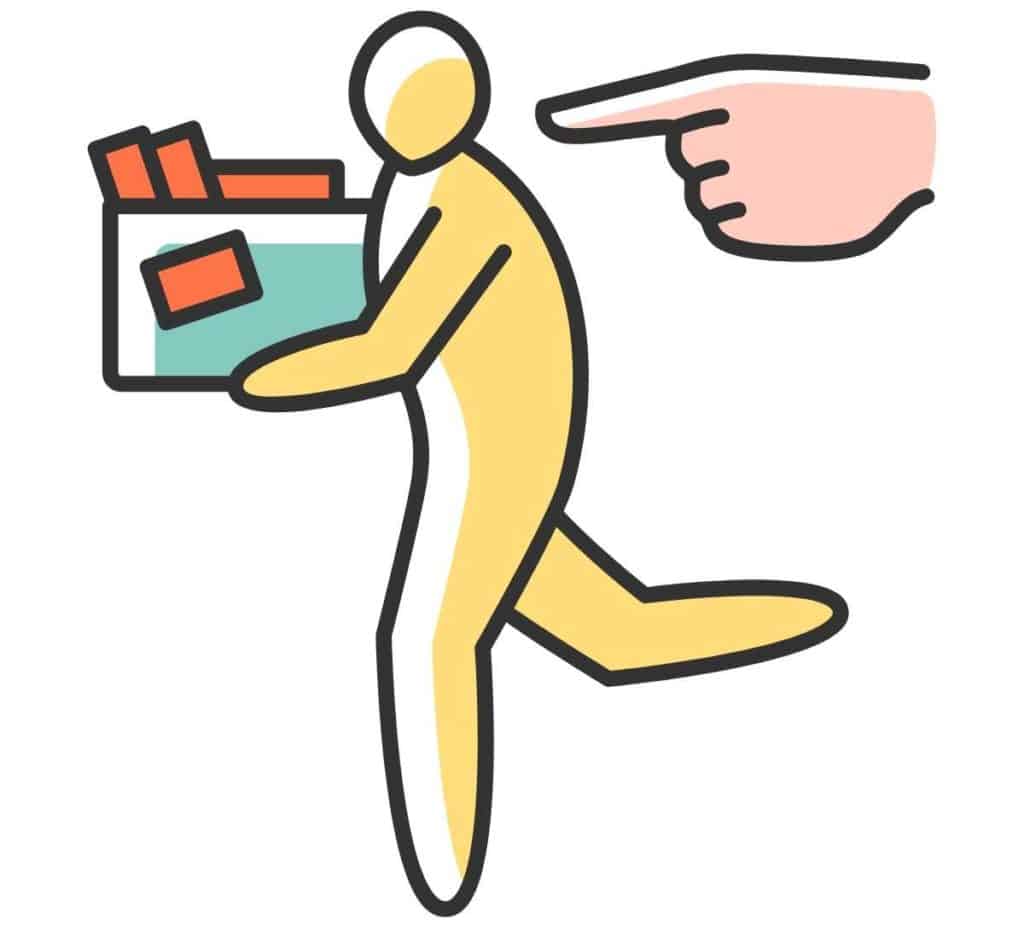
During a recession, people in their early 20s and late 60s suffer the most. Starting a career during an economic crisis is challenging, so 20-year-olds experience numerous troubles. However, those nearing retirement could lose their jobs, which means no more retirement, benefits, etc.
So, why do people of all ages suffer from recessions for different reasons?
- PRB explains college students won’t have anywhere to start their careers, which stumps their future. This means they’ll have to work a few years longer and lose their potential jobs to people fresh out of college when the recession ends.
- People near retirement age often get pay cuts, meaning they must work a few years longer than expected. This could drastically affect their future plans, including mortgage payments, vacation opportunities, and wills.
Many people searching for raises or promotions won’t get them until the end of the recession (if at all). This could set back many plans, though it’s not as intense as the issues against old and young employees.
While the impact of recession are not uniform across all demographics, people in their early 20s and late 60s suffer most during a recession
Who Loses Jobs in a Recession?
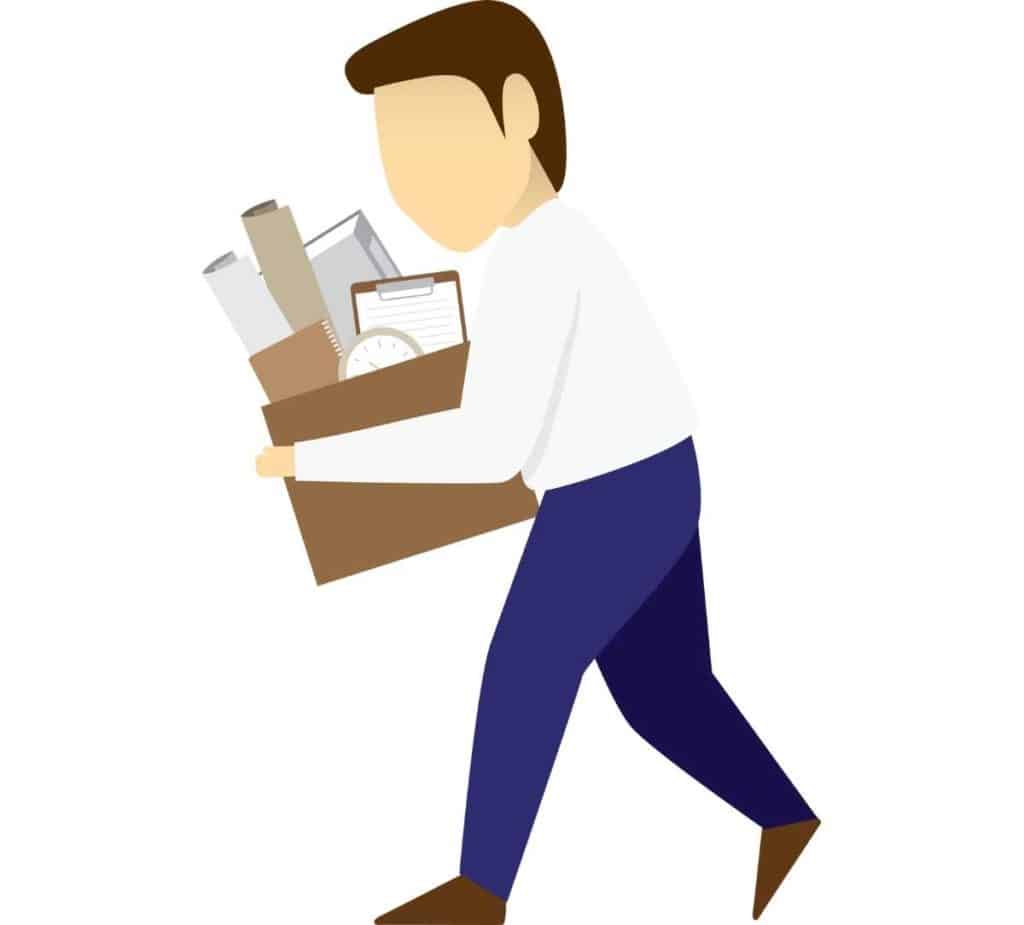
People who lose their jobs in a recession include those who don’t provide vital resources for companies or those who have higher payment requirements. Most companies are likelier to keep their employees if they don’t have to pay them too much. If a position becomes unneeded, that person could lose their employment.
Let’s dive into the reasons why companies cut these jobs:
- New hires usually don’t have as much knowledge as experienced employees. Sadly, this means they won’t see much depth or longevity with the company. Most businesses will only keep people who know the ins and outs of the industry.
- People with higher pay scales or those nearing retirement cost more money to the company. Companies can cut people who get more money to save their profits. Unfortunately, some business owners would rather eliminate an employee than cut their pay.
- Unique positions that don’t work during a recession could lose their jobs. Many new jobs open after recessions because they weren’t essential during the previous months or years.
- Anyone who doesn’t provide optimal value to the company is at risk. SNHU claims people who don’t create a benefit for the business over other employees could face difficulties. Many jobs and careers become much more competitive during a recession.
During a recession, people who lose their jobs are not essentially poor performers. The crucial factor is the employee’s high salary and the cost-revenue benefits to the company for retaining the employee.
What Industry is Most Affected by a Recession?
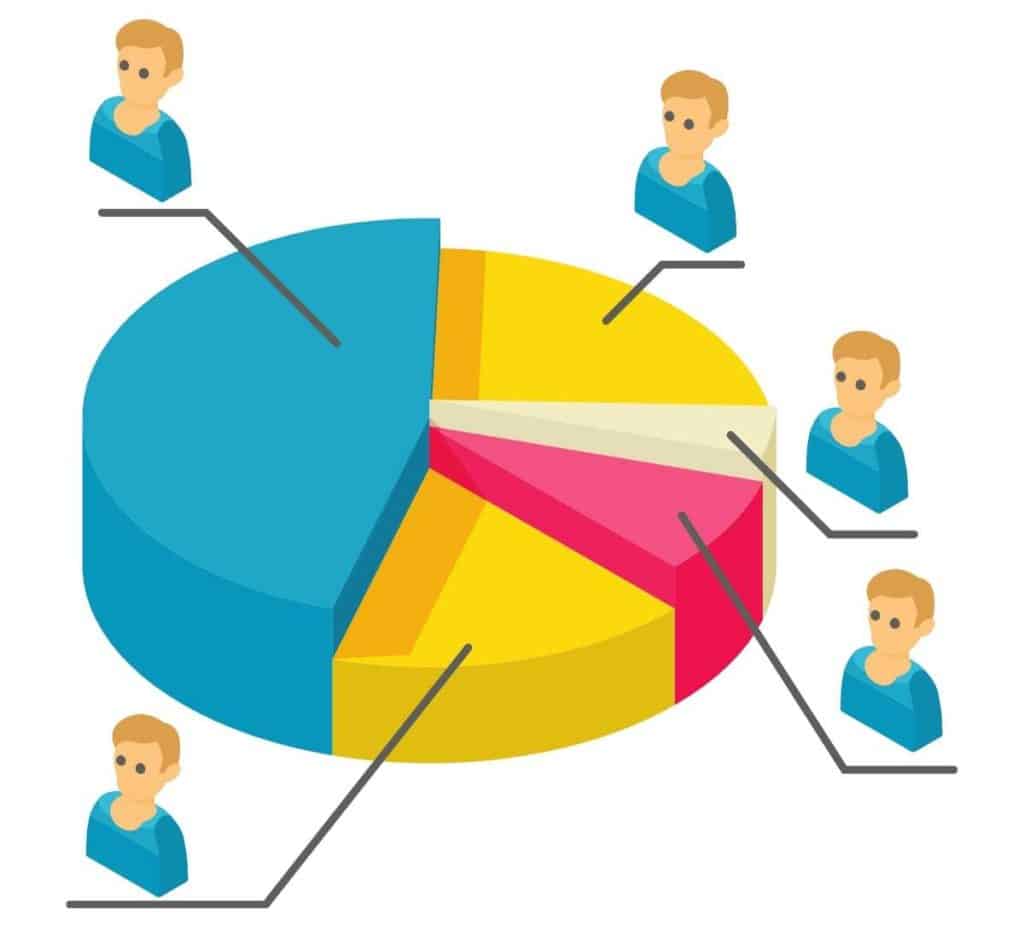
The industries most affected by a recession are hospitality, entertainment, and retail. Most people save money during a recession, which means extra expenses are unnecessary. If you’re looking for a job during an economic downturn, it’s best to stick to much-needed industries.
Here’s a brief list of the five most impacted industries:
- Tourism: Tourism takes the biggest hit during a recession. People don’t want to pay to fly, stay in hotels, or visit amusement parks and other expensive amenities. It’s not uncommon for people in the tourism industry to lose their jobs during a recession.
- Museums and arts: Much like tourism, people often don’t visit museums, art galleries, etc. They also won’t buy as many digital or physical copies, including NFTs. Digital designers could also see an economic hit since they won’t have as many companies to make logos and other designs.
- Restaurants: Cheapism claims restaurants take a massive toll during economic downturns. People typically search for ways to save as much money as possible, so eating out becomes an unnecessary luxury. Many restaurant workers could lose their jobs if the company doesn’t make enough profit.
- Retail: Retail takes a heavy hit during a recession. Not only do fewer people shop for extra items, but there’s not as much of a need for employees to take care of the registers, cleaning, and so on. Companies often cut corners by reducing retail hours or fitting fewer workers during shifts.
- Sports and recreation: Sports are exciting, but they’re not a priority when people don’t have a lot of spare money. Betting locations also face severe cutbacks, including casinos and those working for mobile betting apps. While the players might not suffer, the janitors, shop owners, and other employees do.
The industries most affected by a recession are hospitality, entertainment, and retail. Most people save money during a recession, which means extra expenses are unnecessary.
Related: Alternate Jobs and Careers (Locksmithing)
FAQs
What are the worst jobs for people with anxiety?
For people with anxiety, selecting the right job is incredibly important. It can be difficult to succeed in an environment that is too chaotic, high-pressure, or overly demanding – all of which can worsen anxiety and other mental health issues, or even cause panic attacks.
For someone who’s anxious, it’s better to stay away from such worst jobs like:
1) Highly competitive sales roles that require attendance at networking events
2) High-stress jobs like police officer or firefighter
3) Fast-paced call center positions where you are expected to match a certain quota
4) Any kind of job working with a toxic manager or co-worker where you have no control or autonomy over your work environment.
It is important to know your limits and create boundaries in order to identify which type of work would be most suitable for those with anxiety.
Final Thoughts
Losing your job is a great blessing in disguise.
Sunday Adelaja
You can try your best to associate with a recession-proof or rather recession-resistant industry. But no one can predict with 100% certainty which industry or jobs will suffer in the subsequent recessions.
While it’s never easy to lose a job during an economic downturn, remember it’s not the end of the world. It could be a blessing in disguise and unlock new and exciting opportunities you never knew existed.
Prepare yourself well ahead, build a buffer that can comfortably sustain your family expenses for a couple of months, and when you lose your job, be willing to take action and start the next phase of your career and life.
